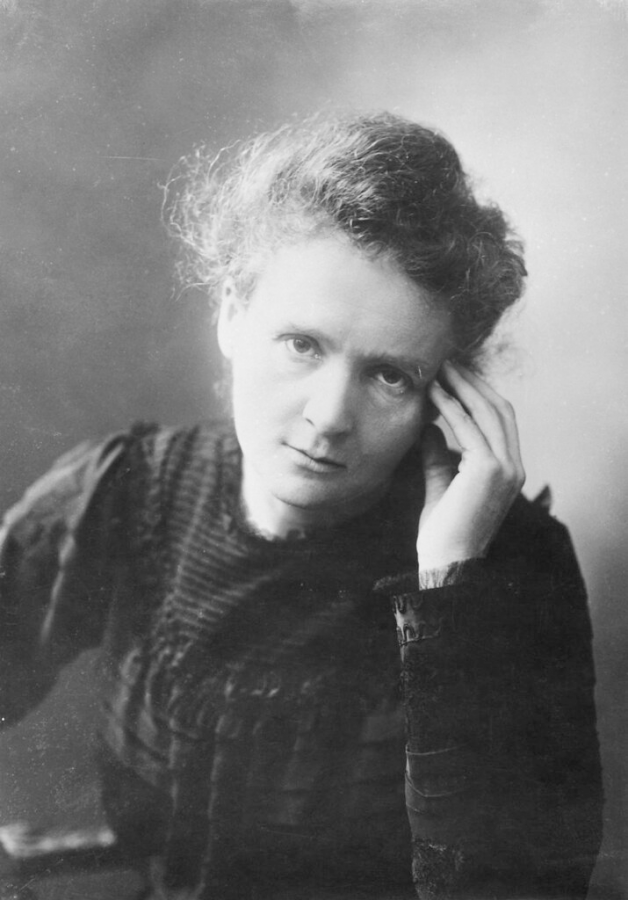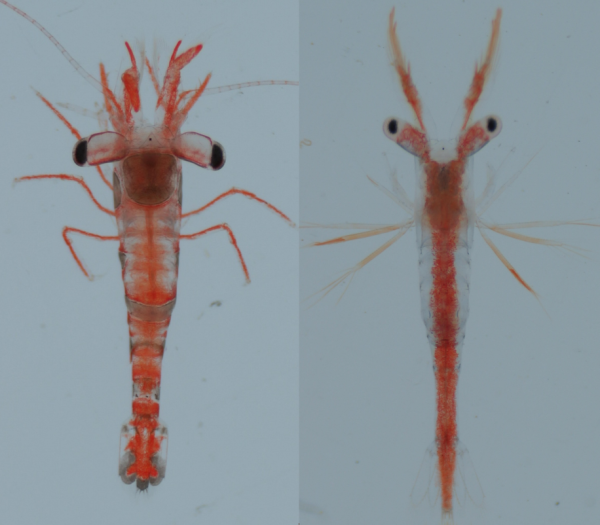Women who paved the way: Marie Curie
Courtesy of Tekniska museet/Creative Commons
Marie Curie became the first woman to win a Nobel Prize and the first person to win two Nobel Prizes as well as being the first woman to teach at Sorbonne University in Paris.
In light of Women’s History Month, The Hawks’ Herald is featuring important women from throughout history. The first week of March highlights women who have paved the way in science.
Marie Curie was born on Nov. 7, 1867, in Warsaw, Poland. As a child, she was well known for her outstanding memory and received a gold medal for completing her secondary education at the age of 16.
After this, she became a teacher until she moved to Paris in 1891 where she began studying at Sorbonne University. In 1895, she married her husband Pierre and they began research at the School of Chemistry and Physics in Paris. Curie began to research a mineral called pitchblende which at the time was only known for containing uranium ore.
She and Pierre began investigating the source of the large amounts of radioactivity accompanying the uranium ore. This led to the discovery of a new element, atomic number 84, polonium.
In 1898, they realized there was another unknown element, radium, that was even more radioactive than polonium. In 1902, Curie was able to isolate radium for the first time. The following year, Marie and Pierre received the Nobel Prize for Physics, with Marie becoming the first woman to receive a Nobel Prize. Marie also passed her doctorate thesis in physics, becoming the first woman in France to hold a doctorate within the same year.
After Pierre’s sudden death in 1906, Marie took over his role as a professor at Sorbonne University, becoming the first woman to teach at the university. In 1911, Curie received her second Nobel Prize, this time in the field of chemistry for her discovery of polonium and radium.
Not only was she the first woman to receive two Nobel Prizes, but she was also the first person in history to receive the honor. In the time following her discoveries, Marie Curie contributed heavily to cancer research and treatment. Curie passed away on July 4, 1934 from aplastic anemia due to prolonged exposure to radioactive materials.
Emily Dvareckas graduated from RWU in 2022 with a degree in forensic science. She spent three years with The Hawks’ Herald as the photo editor...






